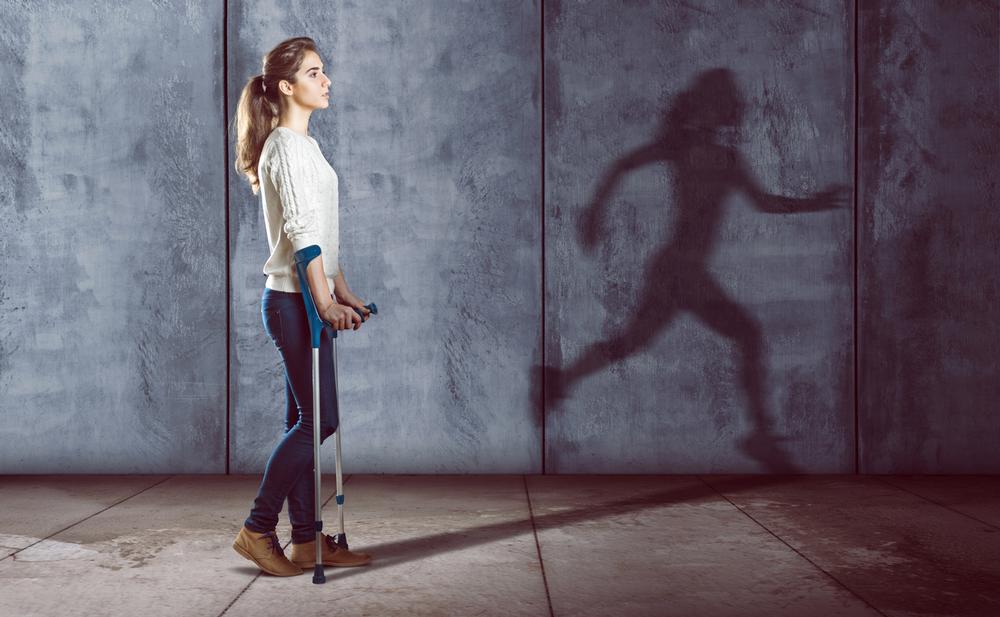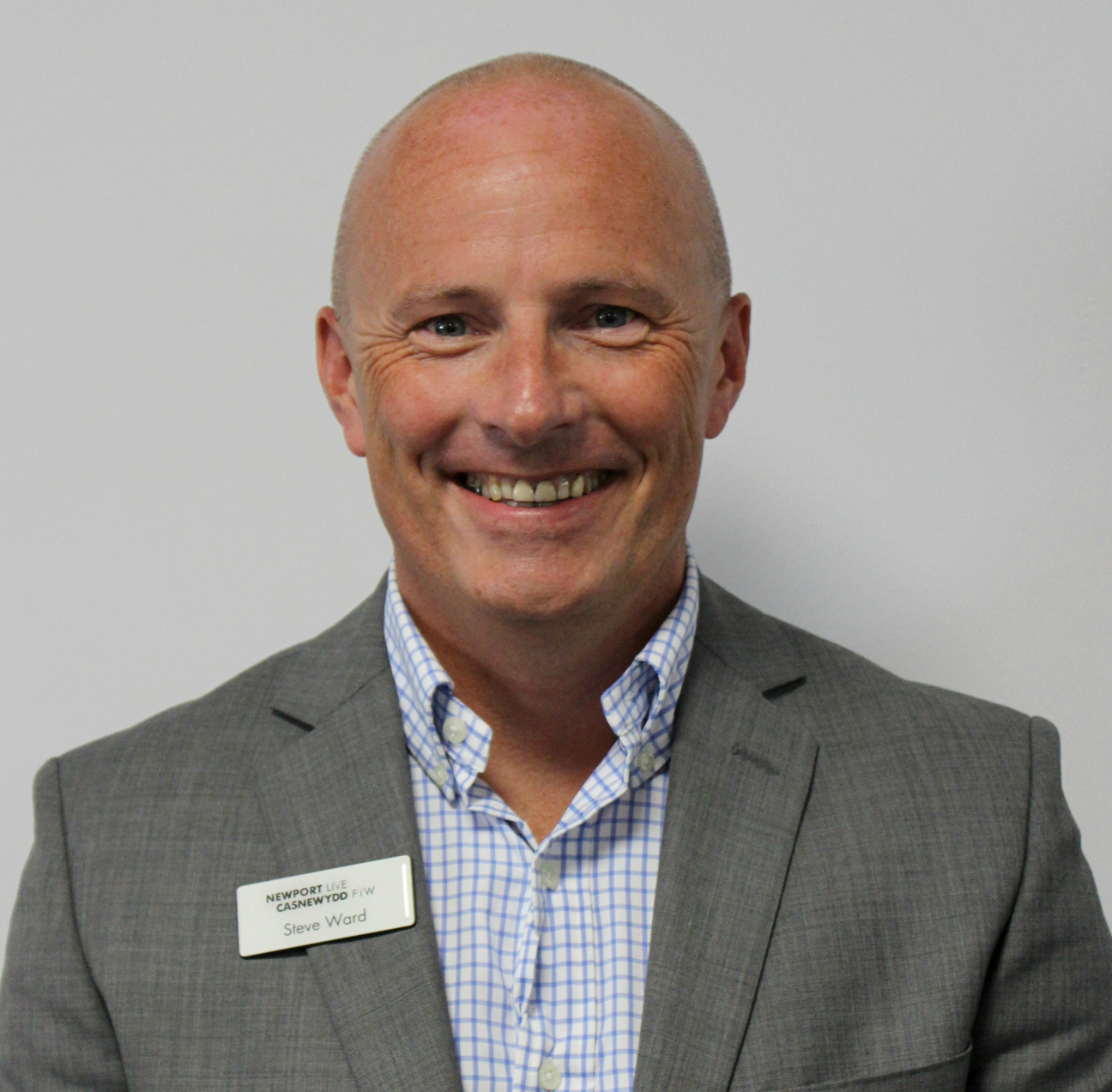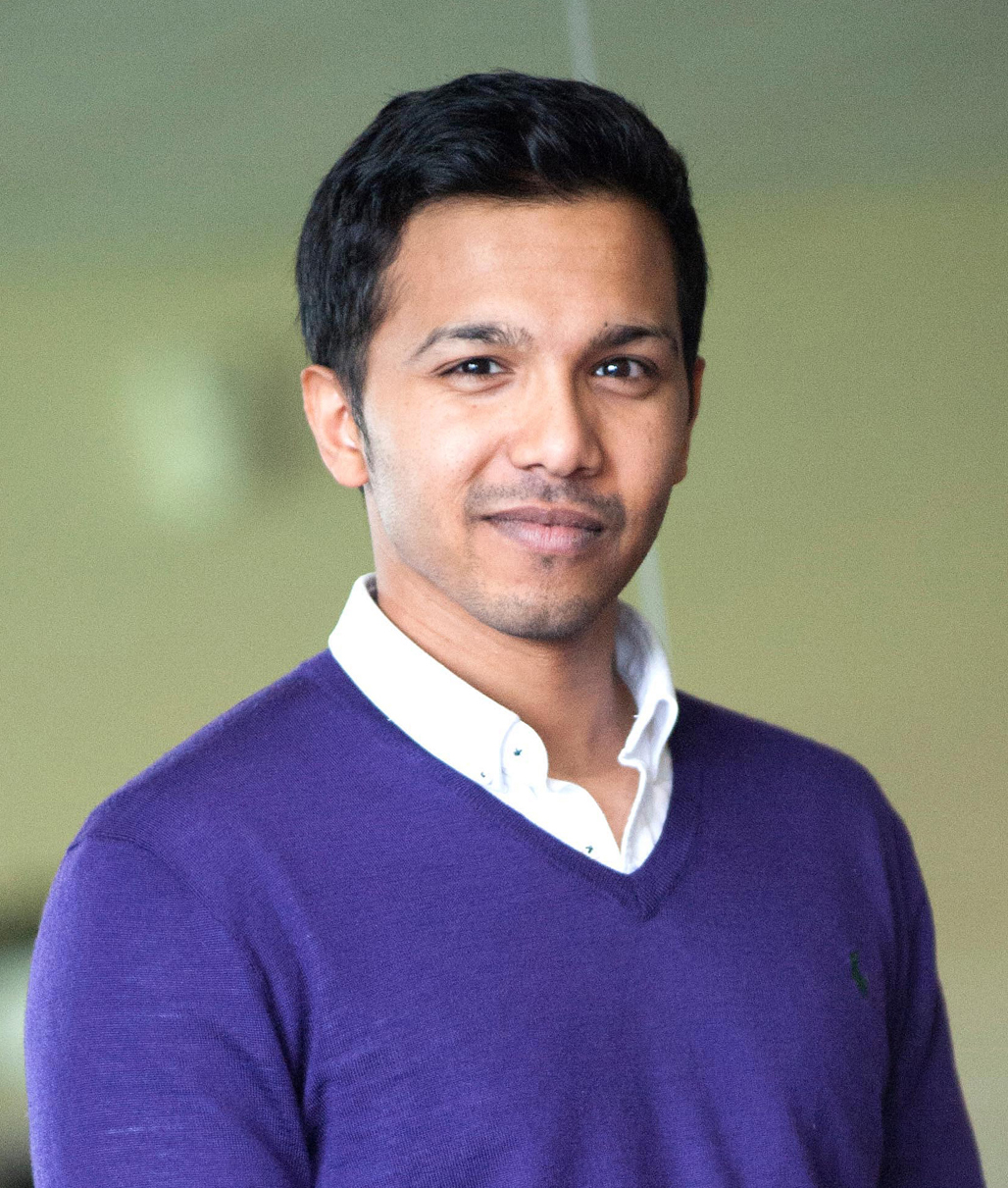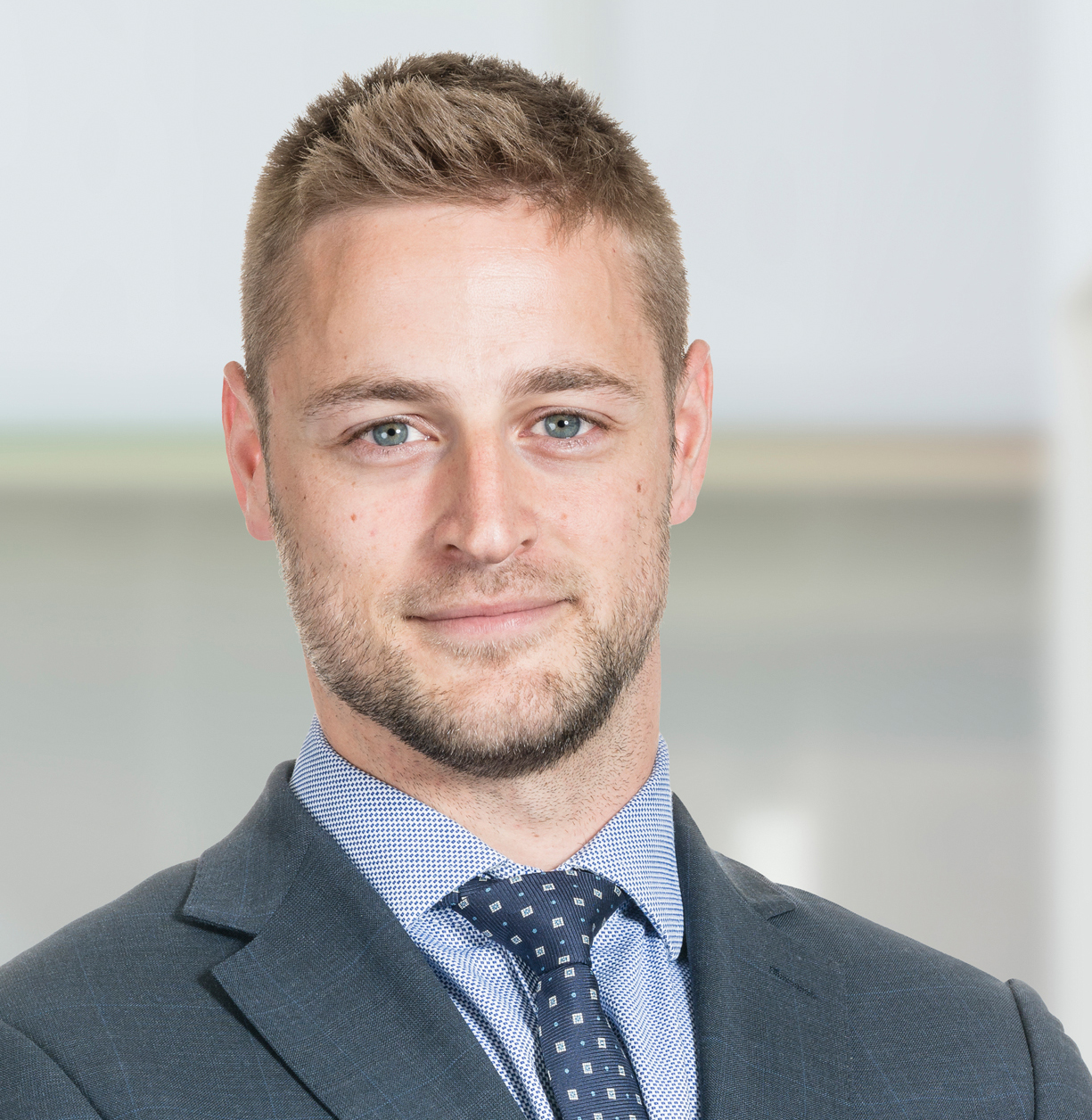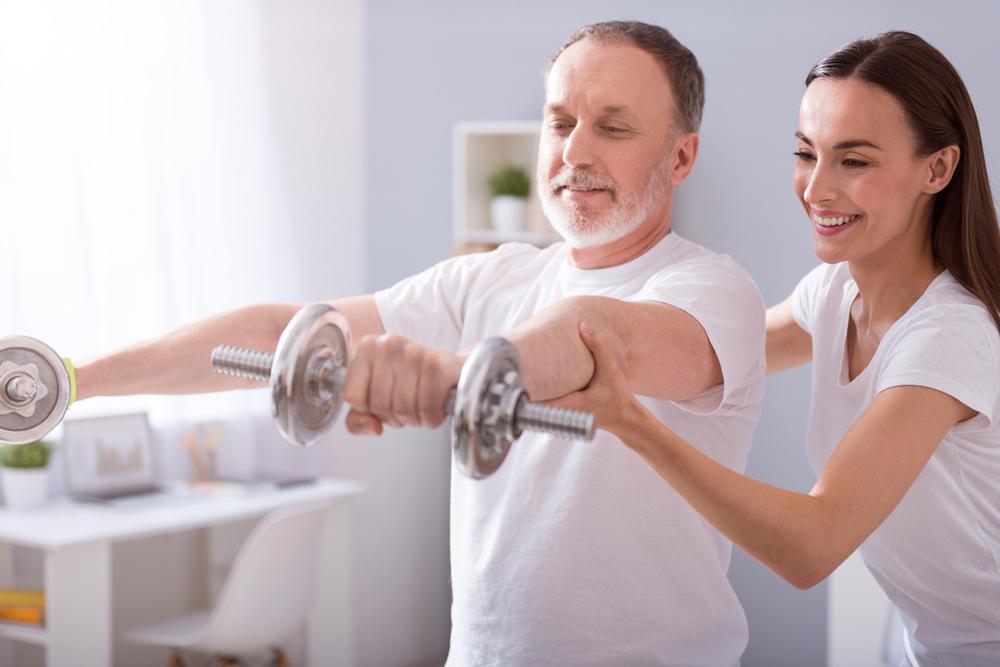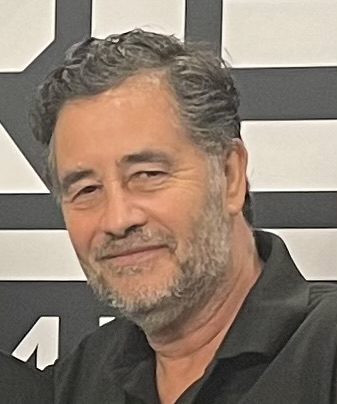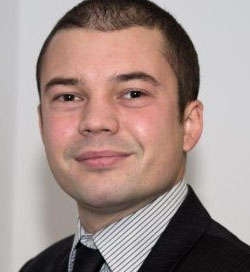Anyone who has suffered from the virus will need to rebuild their physical and mental resilience and the health and fitness sector is perfectly placed to guide them through this process.
In extreme cases, people will need medical supervision to exercise, but there is a lot of middle ground, where recovery can be undertaken at a normal gym, under the supervision of fitness professionals.
Much about the virus is still unknown, but medics are already reporting high incidences of Chronic Fatigue Syndrome in post-COVID patients, as well as a wide range of issues with organ damage and reduced lung capacity and scarring.
The impact of SARS can also give us some clues. Studies undertaken in Hong Kong into its long-term effects showed that two years after they had the disease, 50 per cent of survivors had a much reduced exercise capacity, while 40 per cent still had chronic fatigue symptoms three and a half years after being diagnosed.
Staff delivering the Newport Live COVID-19 recovery programme have noticed the shocking way COVID-19 deconditions the body. Not just the respiratory system, but also the muscles, as a result of reduced mobility. A report published in JAMA Cardiology says there are also indications people who have been infected by the virus may go on to have a much higher incidence of heart issues.
Clearly the nation now desperately needs the health and fitness industry’s guidance to heal post-COVID patients, so what’s the way forward? We ask the experts.








